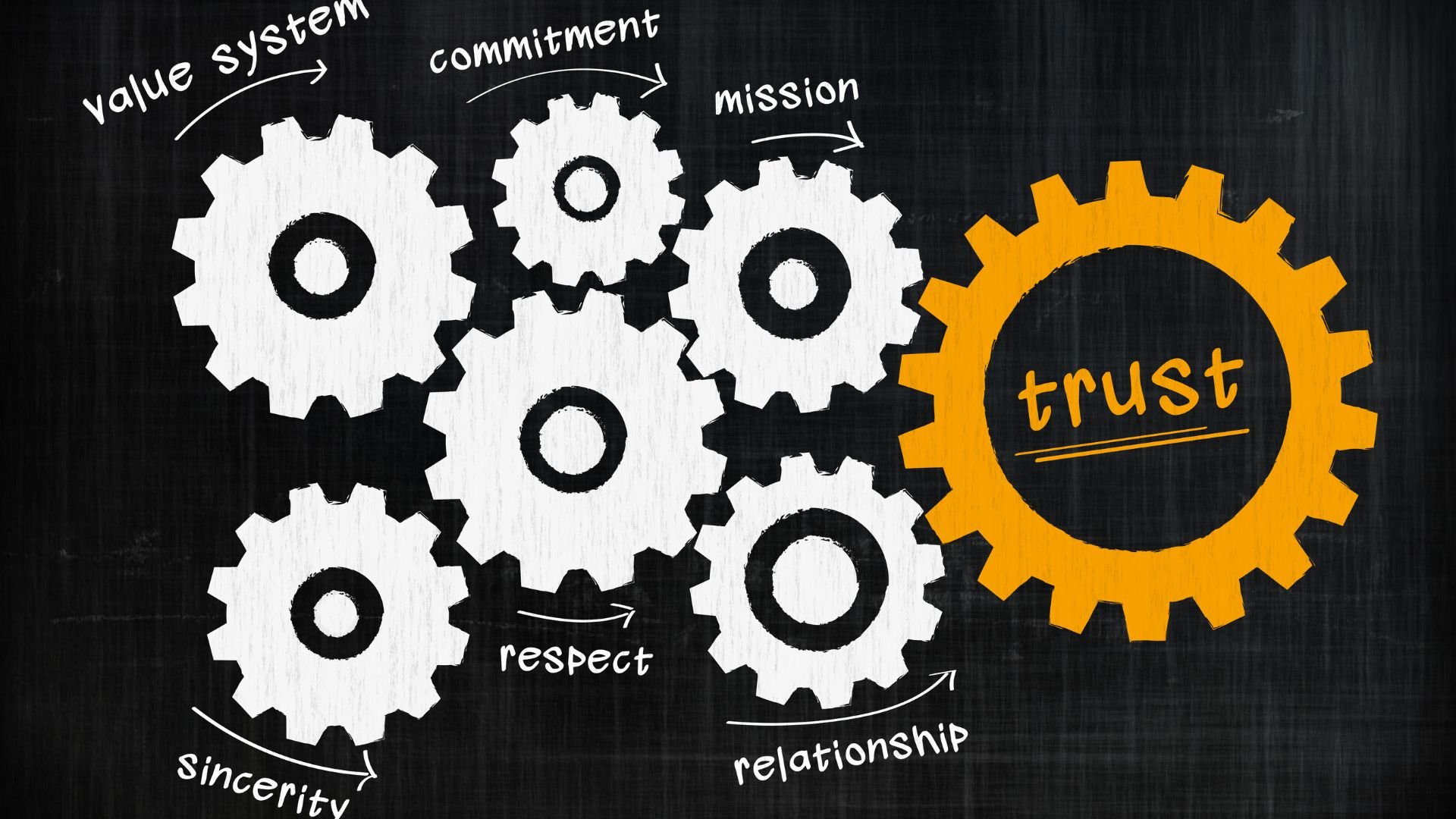Building Virtual Trust
Many of us work partially or completely virtually and have adapted well to this environment. So much so that a recent survey done by the Pew Research Center found that about a third (35%) of U.S. workers with jobs that can be done remotely are working from home all the time. As we navigate a virtual work world, we realize we have taken many things for granted. Some of these things are knowing our team member's strengths and weaknesses or knowing our team members so well that we could practically read their minds. When working virtually, it may feel like we have a different job in a different organization, leaving us feeling like we're starting from scratch in our relationships.
Discover the Levelhead for Real Life app and boost positivity in just 3-5 minutes a day. READ MORE
Even before COVID-19, the modern workplace had undergone dramatic changes led by increased globalization, diversity, and technological innovations. These changes resulted in an increased emphasis on employees' self-directedness and more flexible work structures. These shifts have increased reliance on trust to coordinate and control interdependent activities. In a dynamic and fast-changing environment, controlling or doing everything is impossible. We realize that we depend heavily on each other to do our jobs.
Building Virtual Trust
More than four decades of research has shown that trust in teams is vital for effective work relationships. Trust becomes especially relevant in virtual relationships where there is a need for high interdependence, close cooperation, teamwork, and flexibility.
While some people think trust “just happens” (or doesn’t), it’s a skill that can be learned and developed over time. And just like with other skills, we all start at different places. You’ve probably noticed that some people are more trusting than others. That’s because an individual’s baseline level of trust varies based on life experiences, personality type, cultural background, education, and other socioeconomic factors. Some of us have the tendency and perhaps the capacity to generally trust more than others. However, like lots of traits, we can build on whatever baseline we have with intentional practice.
Managing Your Attention is Critical
Being present is a critical component of building trust. For example, we all know when someone is not listening. These people ask things that have already been covered, or they repeat something you just said. These behaviors do not lead to building trust. They leave us feeling unappreciated and may lead to mistrust of the other person. The most significant sign of respect for another human being is to be present for them in a non-judgmental way.
At work, most have learned to make the most of our time together and stay focused on the task. We were taught to avoid chit-chat and have been warned to not waste time talking about how we feel or what’s really on our minds. When we think and act this way, we say that it’s the work that matters, not the people involved in getting the job done. While few people will admit this, we believe it’s true. The following practice provides insights on how to build more personal and trusted relationships. It is worth the effort.
Take a moment to consider the last virtual meeting that you participated in and consider these questions:
Can you recall what else you did while you were in the meeting?
How often did you check your email?
Did you scroll through your social media?
Were you daydreaming?
Were you thinking about a personal problem?
Were you wondering if a teammate had a hidden agenda in one of their statements?
Can you estimate how much of the meeting you were present?
As you reflect on your responses to these questions, take a moment to consider how it feels when people pay attention to you and what you have to say. How would you describe those feelings?
Now, consider what changes you can make during your next virtual meeting to help others feel appreciated and respected.
Can you imagine the transformation that can happen at work and at home when you and others take a more present, open, and accepting approach? Imagine the discoveries, the increased teamwork, and the essential foundation of trust that will develop.


